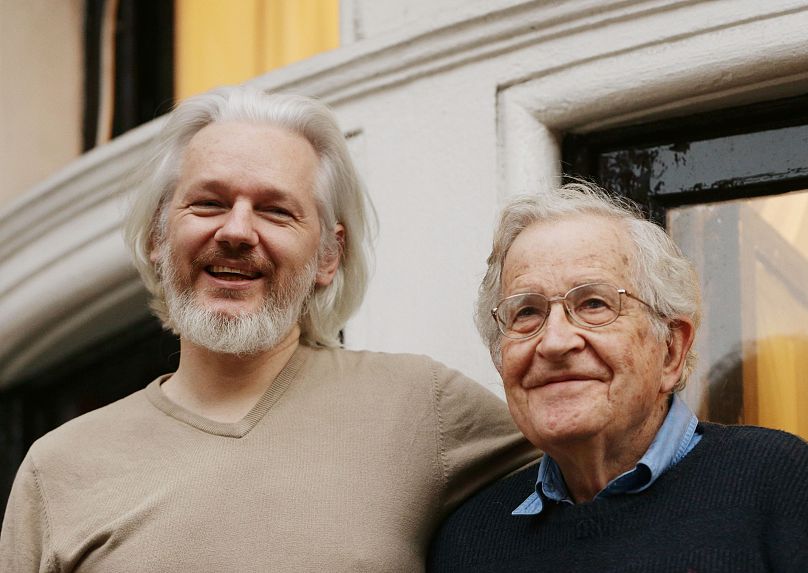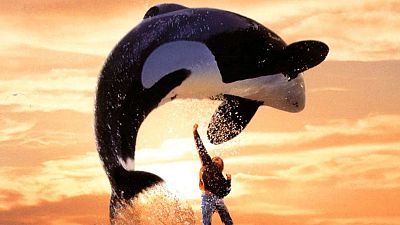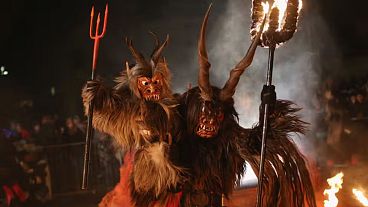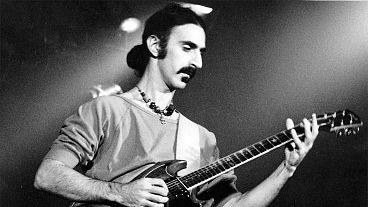7 December 1928: Noam Chomsky is born.
Gone are the days that philosophers were the hottest of celebrities. First there were the Ancient Greeks. In Hellenic times, who would keep tongues wagging more than Diogenes the Cynic who slept in a barrel and or the public execution of Socrates by poison hemlock.
Jump forward a few thousand years and another era of rockstar philosophers dawned in France when crowds would amass to hear the shocking existentialist thoughts of Jean-Paul Sartre or the feminist readings of Simone de Beauvoir.
By comparison, we’re in a bit of a dry-spell when it comes to celebrity philosophers. Ignoring those weird dudes who obsess with Slavoj Žižek, and those even weirder dudes obsessed with Jordan B. Peterson, it seems like the last bastion of the celebrity philosopher is the one and only Noam Chomsky.
Born on this day 95 years ago, Chomsky is from Philadelphia and the son of Jewish immigrants from the Russian Empire.
At the University of Pennsylvania, Chomsky gained his degrees and PhD, first specialising in linguistics and modern Hebrew, before specialising in the philosophy of linguistics.
As potentially the most famous living philosopher many people could name, it’s a point of intrigue that Chomsky’s academic background is of a far more niche area of philosophy than other famous counterparts.
In fact, his biggest contribution to academic philosophy is through his theory of universal grammar. Without going too far into the details, Chomsky has argued that humans have an innate sense of linguistic grammar that predates any learning of language. This, he suggests, is why humans are so good at learning the complex languages we speak from such young ages.
While his theories on grammar and syntax structures may have made him a celebrity in his field, it was Chomsky’s pivot to public political criticism that made him truly famous.
From the 60s onwards, Chomsky published his political dissent against the Vietnam War as well as public acts of protest. This brought him to the attention of President Richard Nixon who considered him a political opponent.
Chomsky has continued to publish political philosophy works that advocate anti-war stances, anti-fascism and the freedom of speech. These values famously came to a head when he defended French Holocaust denier Robert Faurisson’s right to advocate his position, regardless of how vile it was.
If you want someone to come out swinging for divisive politics, from Israel-Palestine to US mass consumerism, with the eloquence of an academic, Chomsky is your man. It’s no surprise he’s become such a famous name in his long career as a philosopher in the spotlight.
To celebrate his 95th birthday, here are some top Chomsky quotes.
“If we don't believe in freedom of expression for people we despise, we don't believe in it at all.”
“Neoliberal democracy. Instead of citizens, it produces consumers. Instead of communities, it produces shopping malls. The net result is an atomized society of disengaged individuals who feel demoralised and socially powerless.”
“Optimism is a strategy for making a better future. Because unless you believe that the future can be better, you are unlikely to step up and take responsibility for making it so.”





